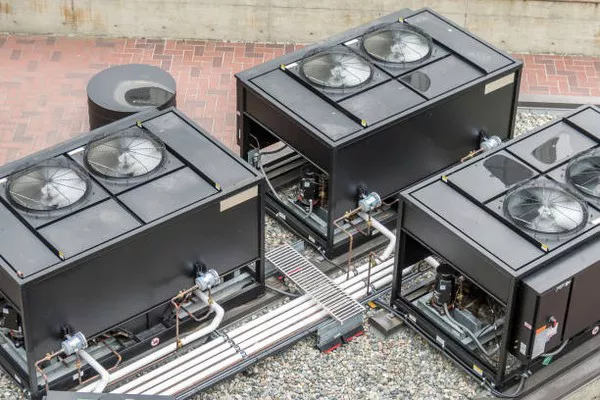In today’s world, where uninterrupted power supply is crucial, generators play a vital role in providing electricity during outages. Propane generators have gained popularity due to their reliability and cleaner burning fuel. One common concern among users is understanding how long a generator can run on propane. This article delves into the factors that influence the runtime of propane generators and provides insights on maximizing efficiency.
Propane as a Fuel Source
Propane, also known as liquefied petroleum gas (LPG), is a popular choice for generators for several reasons. Firstly, propane is a clean-burning fuel, producing fewer emissions compared to traditional gasoline or diesel. This makes propane generators an environmentally friendly option, contributing to reduced air pollution and greenhouse gas emissions.
Secondly, propane is stored in liquid form, making it highly portable and easy to handle. The compactness of propane tanks allows users to store large amounts of fuel without taking up significant space, ensuring a longer runtime during power outages.
Factors Influencing Propane Generator Runtime
Several factors influence the runtime of a propane generator, and understanding these variables is essential for users to make informed decisions about their power needs. Here are key factors to consider:
Generator Capacity:
The capacity of the generator, measured in kilowatts (kW), is a fundamental factor in determining runtime. A higher capacity generator can handle a greater load but may consume more propane per hour. It is crucial to choose a generator with a capacity that matches the anticipated power demand during an outage.
Propane Consumption Rate:
The rate at which a generator consumes propane is a critical factor in determining its runtime. This rate is often expressed in gallons or pounds of propane per hour (GPH or LPH). It is important to check the manufacturer’s specifications for this information, as it varies among different models and brands.
Load Size:
The amount of electrical load the generator is supporting significantly affects its runtime. Running a generator at its maximum capacity will deplete the propane supply more quickly than running it at a lower load. Users should prioritize essential appliances and devices to ensure a longer runtime during an outage.
Tank Size:
The size of the propane tank connected to the generator plays a crucial role in determining how long the generator can run. Larger tanks can store more propane, providing an extended runtime. It is advisable to have an appropriately sized tank based on the generator’s consumption rate and the expected duration of power outages.
Weather Conditions:
Environmental factors, such as temperature, can impact the efficiency of propane generators. In colder climates, propane may vaporize more slowly, affecting the generator’s performance. Additionally, extreme heat can increase the load on the generator due to higher demand for air conditioning, reducing its overall runtime.
Maintenance:
Regular maintenance of the generator is essential for optimal performance. Dirty air filters, worn-out spark plugs, or other malfunctions can decrease efficiency and increase propane consumption. Regular checks and timely maintenance ensure that the generator operates at its best, maximizing runtime.
Maximizing Propane Generator Efficiency
To make the most of a propane generator’s runtime, users can adopt several strategies:
Choose the Right Generator Size: Selecting a generator with an appropriate capacity for your needs is the first step in maximizing efficiency. An oversized generator may consume more fuel than necessary, leading to inefficiency and higher operating costs.
Prioritize Power Usage: During an outage, it is essential to prioritize power usage. Focus on essential appliances and devices, avoiding unnecessary loads on the generator. This approach conserves propane and extends the overall runtime.
Invest in a Larger Propane Tank: Upgrading to a larger propane tank increases the storage capacity, allowing for a more extended runtime. Consider the space available for tank installation and consult with a propane supplier to determine the best tank size for your requirements.
Monitor Propane Levels: Regularly check the propane levels in the tank to avoid unexpected interruptions. Many generators come equipped with monitoring systems that provide real-time information about fuel levels, enabling users to plan for refills in advance.
Optimize Operating Conditions: Ensure the generator operates under optimal conditions. This includes keeping the generator in a well-ventilated area, away from flammable materials, and maintaining it according to the manufacturer’s recommendations.
See Also How Generators Produce Electricity
Conclusion
Propane generators offer a reliable and efficient solution for providing backup power during outages. Understanding the factors that influence the runtime of these generators allows users to make informed decisions about capacity, fuel storage, and usage. By selecting the right generator size, managing loads efficiently, and adopting proper maintenance practices, users can maximize the runtime of their propane generators, ensuring uninterrupted power supply when needed most. Investing time in planning and preparation will ultimately lead to a more resilient and reliable backup power solution for homes and businesses alike.


